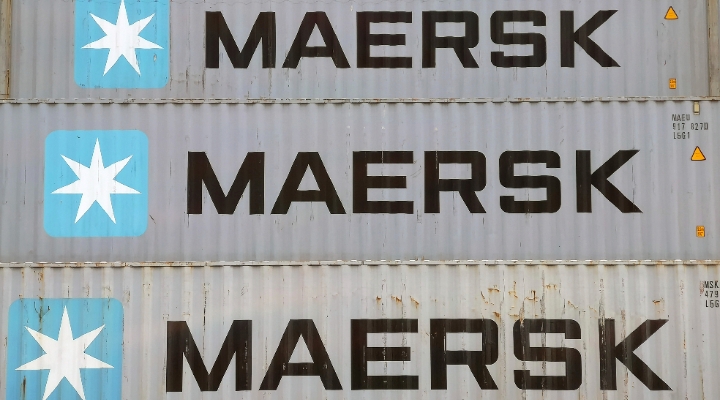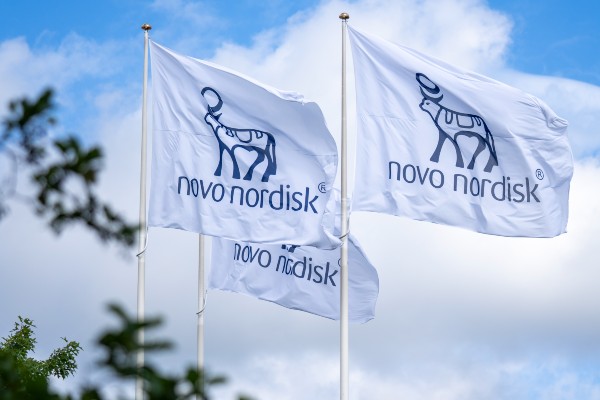
No-moat Maersk (MAERSK B) reported full-year revenue down more than a third from 2022 levels and EBITDA down 75% on Thursday.
“This was well flagged before the earnings release, however, so if you’re wondering why the shares are trading down heavily, this is not the reason”, Morningstar’s European market strategist Michael Field says.
In the annual earnings Maersk provided investors with an update on the turmoil in the Red Sea, stating that disruptions would not be a major boost for the company and an oversupply of vessels would hit its earnings this year.
The news left the market disappointed, with shares nearly 15% lower on Thursday.
Key Morningstar Metrics for Maersk
- Fair Value Estimate: 17,600 DKK (£2,016);
- Current Price: 10,890 DKK;
- Morningstar Rating: ★★★★;
- Morningstar Economic Moat Rating: None;
- Morningstar Uncertainty Rating: High
Negativity Priced into Maersk Stock
The warning, which also led the Danish group to suspend its share buyback programme, is in stark contrast with investors' recent optimism about the sector.
“We believe the wide guidance range for 2024 and the pause on share buybacks are the cause, with investors fearing the high level of uncertainty,” Field explains. The analyst is maintaining his DKK 17,600 fair value estimate and believes that a lot of negativity is baked into the share price at this point.
Shipping companies have been among the best performing stocks in Europe so far in 2024, and Maersk started the first week of trading in 2024 as the best performing stock in Europe, following the soaring freight rates on the back of the attacks in the Red Sea. The attacks by Iranian-backed Houthi militants have led to re-routing of vessels from the Suez Canal, a major trading route, around the tip of South Africa adding at least 10 days in travel time.
Shipping Market Remains Oversupplied
“One key takeaway from the February 8 release was that the supply situation in shipping markets remains difficult. Supply coming on in 2024 will outstrip demand growth, meaning depressed shipping rates for some time to come. The situation in the Red Sea, with attacks on commercial ships, has helped to some degree, but the disruption is only affecting one third of ocean volume, so it is not a panacea for the structural oversupply. This is a key driver of the suspension of the share-buyback program”, Field says.
Another big announcement, and possible muddying of the waters, was that Maersk’s towage business, Svitzer, will be spun off.
“This is not a game-changer by any means and is unlikely to unlock substantial value. However, it is one more step toward Maersk becoming a more simplified shipping and logistics business”, according to Michael Field.








.jpg)




















